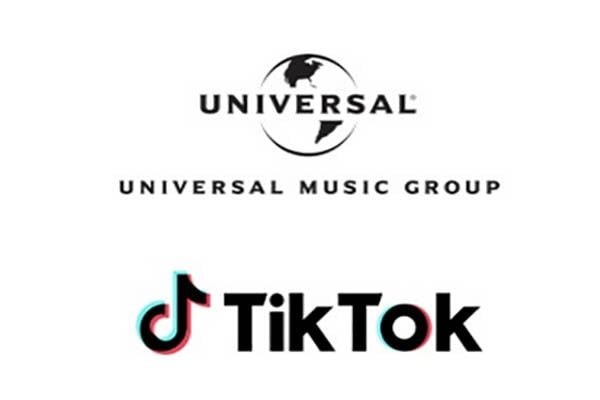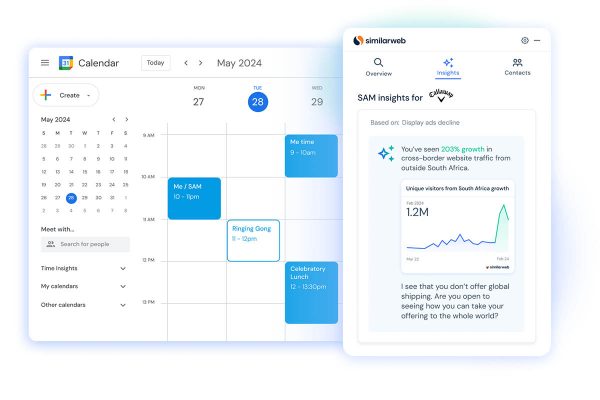Google in the US has rolled out a new programme – Google Shopping Actions – designed to make it easier for searchers to buy what they find, rather than being directed off to Amazon and eBay and making Google look more like a marketplace.
Retailers in the US already using Google Shopping Actions include Costco, Home Depot, Target, Ulta Beauty, Walmart and 1-800-Flowers.
According to Google, this roster of retailers has already seen an increase in the average size of a customer’s shopping basket of 30% after joining the Shopping Actions programme, with Ulta telling Techcrunch that it saw average order values increase by 35%. Target, which has been live for six months, says its Google Express shopping baskets increased nearly 20%, after signing up to the programme.
Google says that searches starting with the phrase “where can I buy…” are growing rapidly, particularly on mobile where they are up 85% in the past two years. Google is also seeing more and more shoppers using its Google Home voice assistant product to order groceries and household items once a week.
The launch of Google Shopping Actions is a clear play by the search giant to tap into the growing demand for online shopping and could be seen as a blatant attempt to stop feeding shoppers to eBay and Amazon, but to monetise them itself.
In fact, in a new survey by Kibo of 3,000 US consumers, 61% indicated they use Amazon as a source of information to research brands and products they are considering to purchase. This is just behind 69% that indicated they use search engines to research and shop. Clearly Google is seeing this trend with their announcement of Shopping Actions.
“Amazon has been dominate in eCommerce and is leading the way with smart home devices. Even shoppers going to Google first to search are often being directed to the highly ranked product pages of Amazon. By partnering with major retailers who also see Amazon as a threat, Google and their partners could provide consumers shopping convenience and a breadth of product variety and inventory that even Amazon may have trouble matching.”
– Tushar Patel, CMO, Kibo
The new Shopping Actions programme allows retailers to list their products across Google Search, in the Google Express shopping service and in the Google Assistant app for both smartphones and speakers such as Google Home. The programme also allows retailers to increase shopper loyalty by supporting 1-click re-ordering, personalised recommendations and basket-building, says Google.
For example, if an Ulta customer integrates their Ultamate Rewards account – Ulta’s loyalty programme – with Google, it will recommend other products based on past order history when the shopper is searching for a particular item.
Google says it will use a pay-per-sale model, taking a cut of the sale only when a shopper buys something – a departure from Google’s pay-per-click ads, where businesses pay when a searcher clicks an ad to visit the advertiser’s website.
For shoppers, the programme offers a universal cart whether they’re shopping on mobile, desktop or via a voice assistant – the latter being particularly interesting as Amazon has tied voice shopping to its Echo devices and has claimed the majority of market share in smart speakers for the time being.
The move could also make the whole idea of marketplaces for brands and retailers less straightforward than previously thought. While listing major brands and retailers on Amazon and eBay has huge advantages of reach and overseas expansion – not to mention shipping and logistics management too – selling direct through Google has to be attractive to big brands and retailers.
For starters, they don’t have to give up their brand control nor tamper with their retail craft. Secondly, making search results directly stoppable makes online and mobile retail even more frictionless as it removes a stage of the process where the searcher has to click the results to get to the vendor.
The move also echoes eBay’s move into ‘distributed retail’, which sees shoppers not shopping with eBay per se, but rather clicking on images in magazines and websites to shop the look. This too cuts out that middle step between search (or in this case discovery) and purchase.
Taken together, Google and eBay’s moves leave Amazon hanging in the ‘old world’ of retail. It will be interesting to see what it does next to compete.
“Google has been pushing for the “one answer to rule them all” strategy for some time and it’s more likely an echo of the how Amazon does it. Through different endorsement and engagement deals, a retailer can “persuade” Amazon to be that one answer for Alexa, and Google is staging it the same way with a twist: they’re leveraging their power to become an ally for retailers who are feeling the push from Amazon (Target, Walmart and others). With the integration of Google Express, Google Assistant, and Google Search, Google and others now have an environment similar to the Amazon ecosystem, with a likelihood of expansion and an opportunity to seize shoppers who are exiting that ecosystem for Amazon. The symbiosis of Amazon and Google may be changing right before our eyes.
– Bryant Goodall, Digital Marketing Manager, Kibo
But Google’s move may not be total retail Nirvana. While at first glance it may look like it provides a great opportunity for retailers, it could just instigate a race to the bottom and could be the end of customers loyalty, warns Twiggle, the Alibaba-backed company bringing AI to e-commerce search.
Customer loyalty does not come from lower prices alone. According to Twiggle , retailers should focus on being good at what they do and earning loyalty through both their quality of product and a superior experience – not by letting Google add them to their deck of cards in their ongoing battle against Amazon.








2 Responses
Is Google becoming a marketplace?
I’d say no, but due to semantics rather than perception. I’d say Google are becoming a Cyber Mall.
When’s the last time anyone went to the marketplace? circa 1904 i think it was.
Google aren’t building a marketplace to rival the old school marketplaces, they’re building a 2,000,000 sq foot digital Hypermall with built in cinema and swimming pool, to squash the marketplaces and resign them to the history books.
there’s really no need in this day & age to fill your goods on a cart and hawk them in a field at 6am on a Saturday with the other marketplace vendors.
much like there will be no need to jump through all ebay’s hoops, suffering their insanity and injustice, for the privelege of giving them a substantial cut of your income.
sort out your own website, the way you want it, advertise it on google like you were going to anyway, hey look its already better than the old days and i didnt need to do any extra work.
customers wont be viewing ebay, wondering if the seller is just drop-shipping cheaper amazon stock, then go check amazon and find it cheaper, then wonder if the seller is marking-up on Amazon, and eventually find the sellers own store via google with the best price. they’ll just see the best price.
as long as the cut of the sale price they’re taking isnt too steep (there’s no reason it shouldnt be less than standard ebay fees), i foresee no reason they won’t leave ebay looking like a fossil. Amazon actually DO things in the real world, like logistics & fulfilment, digital services, servers, etc etc. they’ll adapt and survive. ebay will be left with no sellers and a lot of overpriced coloured envelopes.
From what I can tell they’re continuing a long running spat with Amazon.
Amazon refused to sell Google Chrome sticks and related items. Google pulled YouTube from Amazon’s Fire Sticks. Since then Google have continued to hack at Amazon.
My guess is that at some point Amazon will cave and they’ll start working together.
I doubt Google would want to start a marketplace from scratch. There’s so many potential conflicts for them to do so.